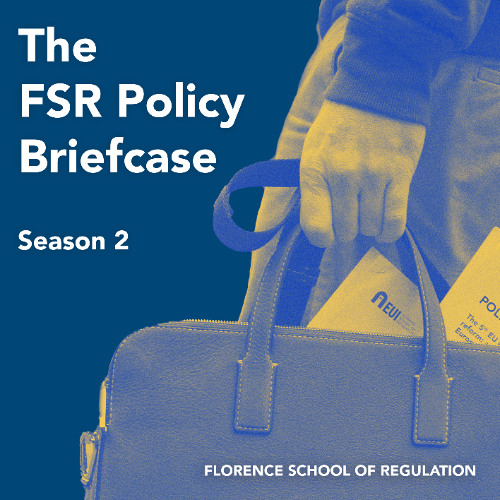Round Table on the Distribution of Costs of Climate Change Impacts and Policies

Watch the recordings of the Round Table
The distributional implications of impacts are increasingly playing a major role in political and socio-economic discussions on climate change, as recently noticed in the rich debate after the publication of the encyclical Laudatio Si.
Ambitious climate policies will also have significant distributive implications, both within and among countries and between generations. Yet most academic efforts, at least in the economics domain, have focused in the design and evaluation of climate policies in terms of cost-effectiveness.
This roundtable intended to foster a deeper understanding on the distributional issues associated to climate change impacts and corrective policies, incorporating academics specialized in different areas of climate change economics and policy, a former policymaker and a Jesuit with relevant involvement in these matters.
Don’t miss any update on our events
Sign up for free and access the latest events from our community.













